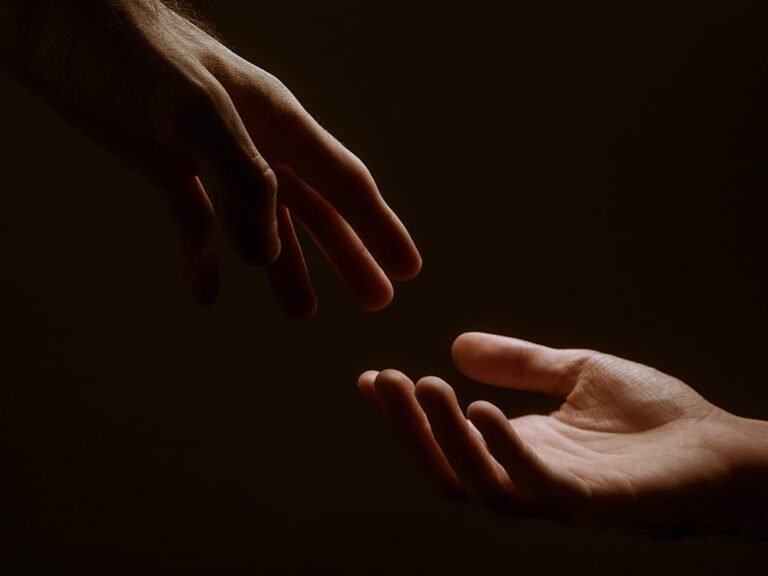l’oeil de Moscou
“L’oeil de Moscou” is a French idiom that literally means “the eye of Moscow.” It refers to an organisation or an individual who spies on other people for the benefit of others. It also refers to technical equipment used to spy on people.
It dates back to the era of the USSR, the Union of Soviet Socialist Republics. Inside the USSR, people were spied on by their government and by agents of their own government.
An equivalent English expression would be “Big Brother,” which is a term that comes from George Orwell’s novel “1984,” which is itself a critique of authoritarian (communist) regimes.






